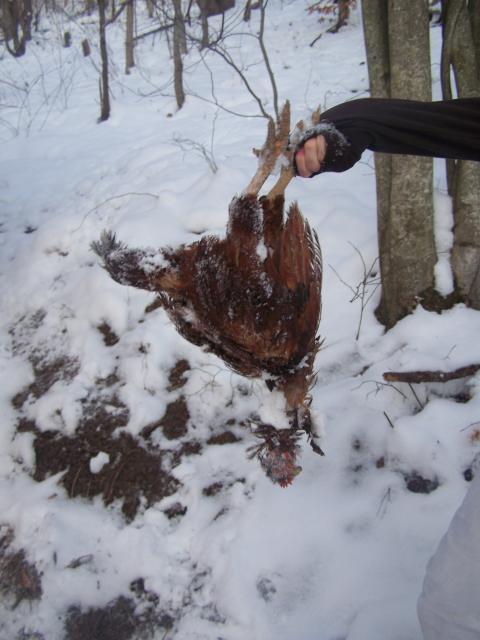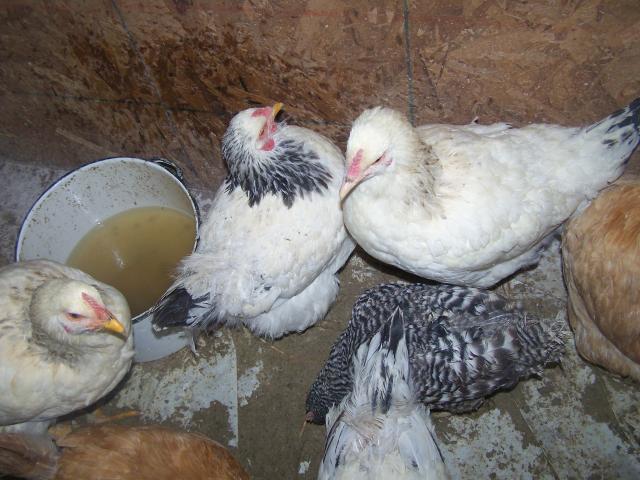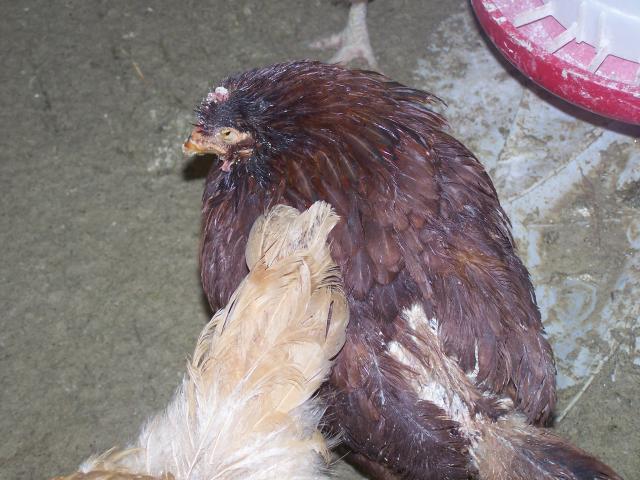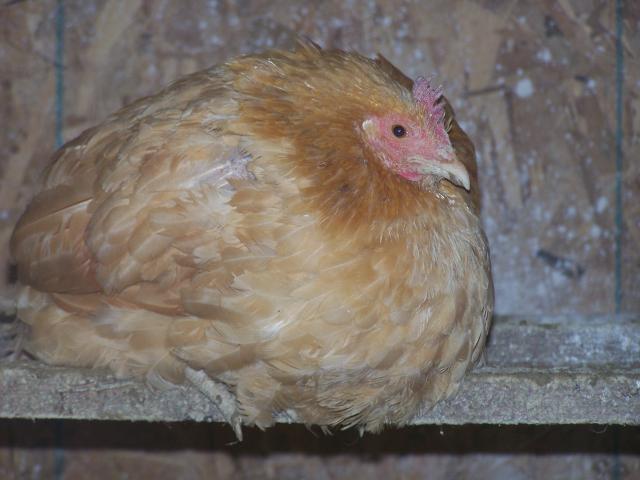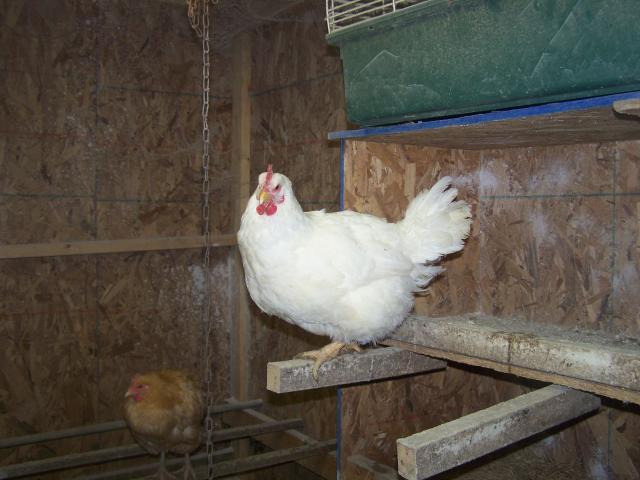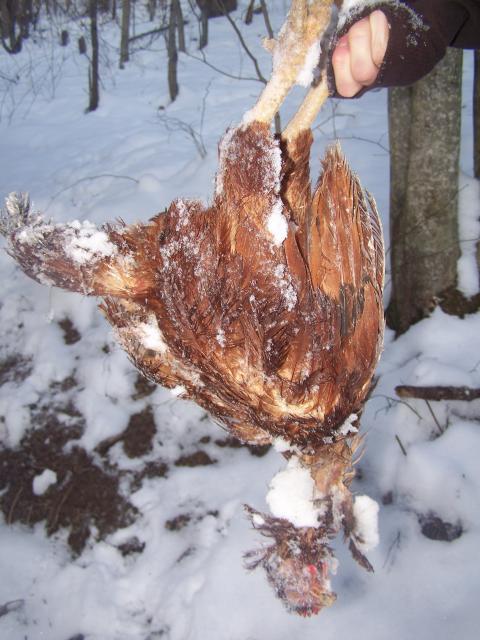We can not figure out what is going on. We treated for lice, there are no mites, or mice in the coop. They have blood on their butts.
We are trying to figure out what we are doing wrong. We water them out the creek, which they drink out of all summer long. Now we are wondering about their feed.... we killed our beef cow and had left over corn. My husband fed that to the chicken. Then we though maybe worm but no sign of worms. They are not thin, they look very healthy. We have Rhode Island red and buffs, so far we lost seven chicken. How do I keep from losing any more? Any advice is welcome!
We are trying to figure out what we are doing wrong. We water them out the creek, which they drink out of all summer long. Now we are wondering about their feed.... we killed our beef cow and had left over corn. My husband fed that to the chicken. Then we though maybe worm but no sign of worms. They are not thin, they look very healthy. We have Rhode Island red and buffs, so far we lost seven chicken. How do I keep from losing any more? Any advice is welcome!

